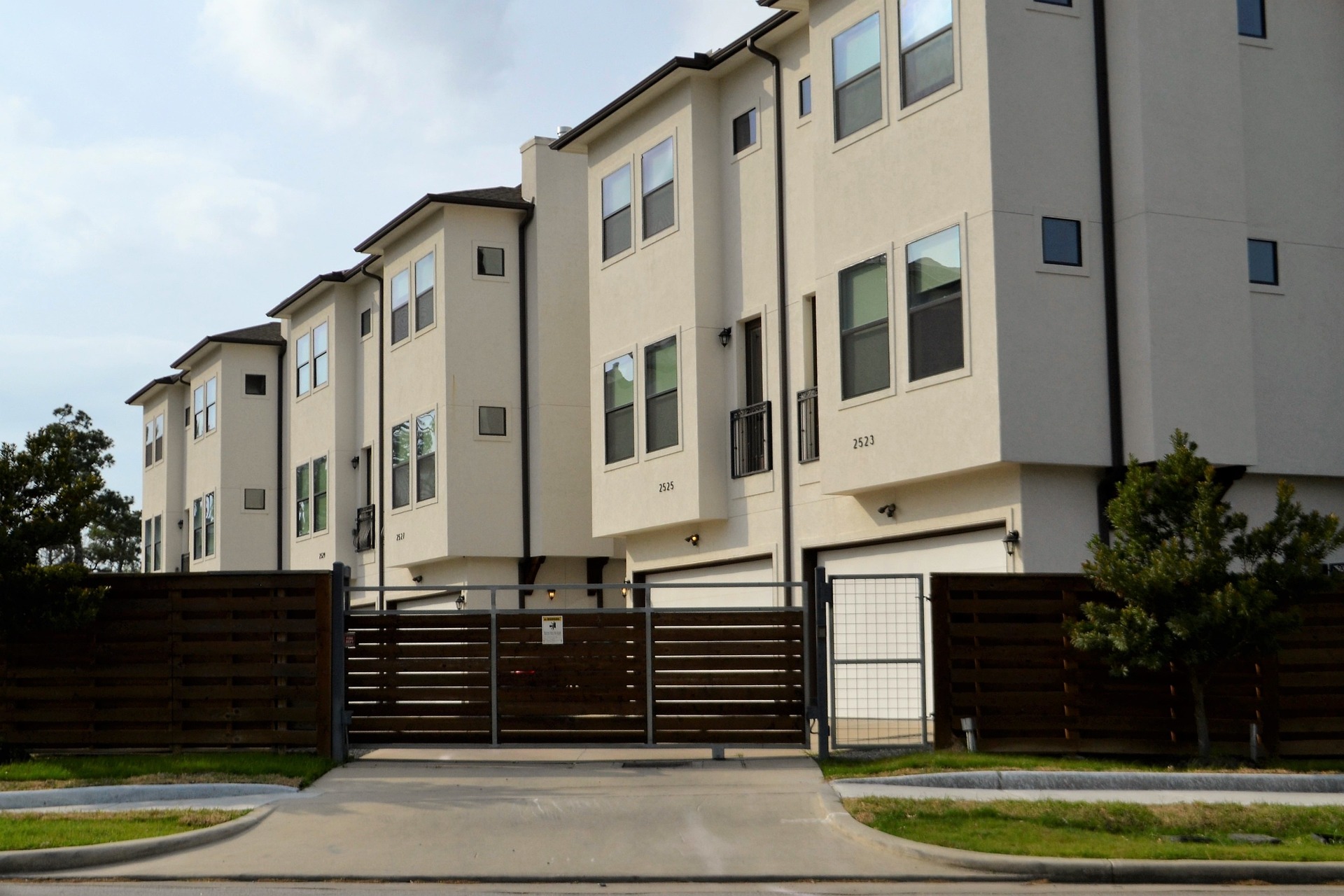When someone becomes incapable of looking after their health and other aspects of their own life, such as their estate and finances, the Massachusetts Probate and Family court may appoint a responsible person or persons to look after their needs. This typically may...
The Standard Rules of Alimony in Massachusetts
Alimony, also called spousal support, is a regular payment made after divorce by one ex spouse to the other. Normally, alimony is paid by the higher earning of the two spouses. The type of alimony that is paid, the period that it lasts and other factors are determined...
Post Divorce Modifications to Child Custody Arrangements
When married couples separate or get divorced, there can be huge challenges deciding what to do about shared children. The vast majority of divorcing couples wants the best for their children, but they may disagree how that can be achieved. Should the two spouses...
Restraining Orders in Massachusetts
If you have been physically abused or threatened by someone you know well, you should be able to get a restraining order to protect you from further abuse. Restraining orders, also called abuse protection orders, protective orders or 209A orders, are court orders...
Massachusetts Wage Garnishment Laws
Wage garnishment is the withholding of an amount of money from a debtor’s paycheck. The garnishing is done by the employer and the agreed amount is paid directly by the employer to the creditor who has been given the right to order the garnishment. There are limits to...
What If My Spouse Refuses to Sign the Divorce Papers?
Divorces are easier and cheaper if both spouses cooperate and work out a sensible and workable settlement agreement together. Unfortunately, this doesn’t always happen. Every marriage is unique and the break-up of a marriage is unique, too. If one spouse wants a...
What is the Cooling off Period in a Massachusetts Divorce?
The cooling off period, also called the waiting period, or “nisi” period, is the time between the date a judge or court has agreed that you can have a divorce and actually having the divorce finalized. The length of the cooling off period depends on the type of...
When Should You Review Your Custody Agreement?
Child custody arrangements often pose some of the most challenging decisions that any separating couple has to make when navigating a divorce. Parents who are in the process of going through a divorce can either cooperate on devising their own custody arrangements or...
Grandparent Rights After a Divorce in Massachusetts
Deaths, separations and divorces can have a huge emotional and psychological toll on the two partners in a marriage or civil partnership, as well as their children, but others are affected, too. Friends and close family, especially grandparents, may find it hard to...
Child Custody Arrangements Across International Borders
When a married couple decides to divorce and they have dependent children, they must decide what will happen to their children. Child custody decisions can be some of the most contentious and difficult decisions to make on divorce. The best solution is for the couple...
Types of Child Custody in Massachusetts
Making decisions about how to care for dependent children on separation or divorce can be one of the most challenging and stressful experiences. Child custody decisions must be part of any separation agreement which needs to be submitted to the Probate and Family...
So When Am I Actually Divorced in Massachusetts?
Every state has its own rules on divorce and the divorce procedure, so if you and your spouse, or you alone, are considering getting divorced, you need to find out what those rules and procedures are before actually filing for divorce. One of the most confusing parts...
Post-Divorce Agreement Modifications in Massachusetts
Going through a divorce can be a stressful and challenging process. If you have joint children with your spouse and have been married for quite some time, divorce agreements can take quite a long time to make. Divorce agreements can be made between you and your spouse...
Residency Requirements in Massachusetts When You File for a Divorce
Most states have some kind of residency rule that restricts a couple from filing for divorce if they haven’t spent enough time in the state. In fact, there are only three states, i.e. Alaska, South Dakota and Washington, that don’t have some kind of residency minimum...
Property Division: How are Assets are Divided in Massachusetts?
If you are going through a divorce, there are two particularly difficult decisions to be made by you and your spouse. If you have children who are still dependent on you, you have to think who they are going to live with, how each of you can have quality time with...
Is a Petition for Separation Required In a Divorce In Massachusetts?
The difference between a divorce and a separation In Massachusetts, a divorce legally ends a marriage. A separation is not a divorce, so if two spouses decide to separate and live separate lives, they still remain married. When one or both spouses file a petition for...
Difference Between Joint Legal and Joint Physical Child Custody in Massachusetts
Separation or divorce can be a challenging and stressful experience and if there are shared children, plans about how to care for them can be some of the most difficult decisions to make. If the two parents can come to a mutually agreed plan about child custody, then...
Postnuptial Agreements in Massachusetts
Many people are aware of premarital contracts such as prenuptial agreements (prenups) and what they are designed to do. Prenups clarify financial arrangements before a couple gets married so that if there is a breakdown in the marriage subsequently and a divorce is...
What are the Types of Tenancy in Massachusetts?
Around 35% of Massachusetts residents rent somewhere to live. This figure is about average for the whole of the United States, although it hides differences based on age, socio-economic group and location. For example, older or retired people are more likely to have...
Restraining Orders in Massachusetts
What are restraining orders? Restraining orders, also called abuse protection orders in Massachusetts, are court orders that are aimed at preventing someone from potentially harming, actually harming, or harassing someone who may or may not be in their family....



















